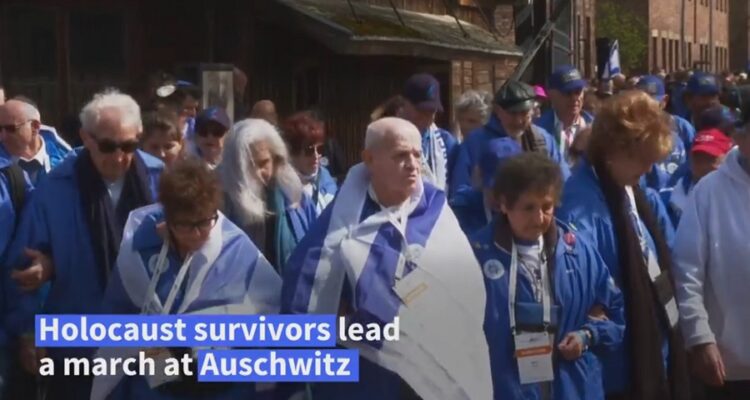The hair made the biggest impact. It just sat there limp and lifeless. All 7000kg of it. But the huge piles of spectacles, shoes and hairbrushes humanised the holocaust in unfathomable ways.
The hair made the biggest impact.
It just sat there limp, lifeless.
All 7000kg of it.
Each strand found after liberation so aptly represented the thousands of lives lost at the three concentration camps outside the town of Oscwiem in Poland.
Most people know the camps as Auschwitz or Birkenau.
They have become symbols of terror, genocide and the holocaust all over the world.
But it wasn’t just the hair. It was the piles of spectacles, the unfathomable collection of shoes and artificial limbs, and the hundreds of hairbrushes, shaving-brushes and toothbrushes.
The people who arrived at the camps on the overcrowded trains from all over Europe, many of them believing they were on their way to a better life, were parted from these possessions and many more as they were marched to their deaths.
There are no words to aptly describe walking through the gas chambers and crematoriums where hundreds of thousands of people, mostly Jewish, died.
But it is essential to fully grasp the magnitude of those fateful years.
Read the article by Rae Wilson in The Courier Mail.

